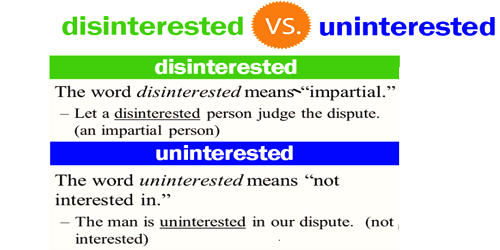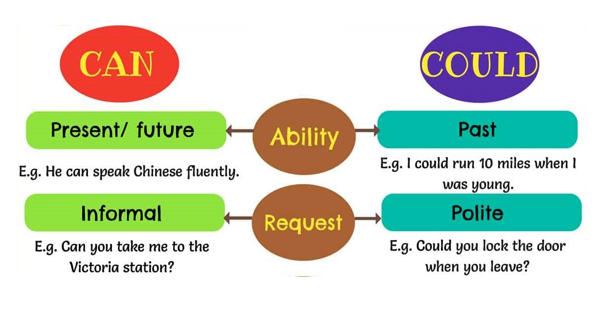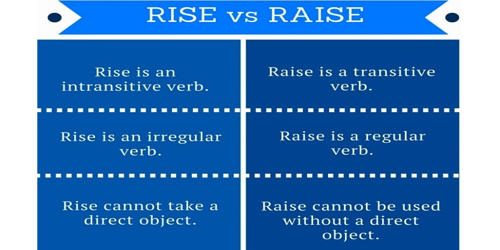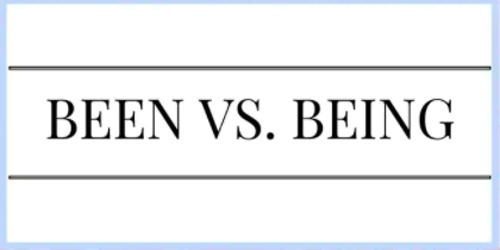Disinterested means “without a vested interest.” Uninterested means “not showing interest.” The words disinterested and uninterested are sometimes used as if they have the same meaning. The adjectives ‘disinterested’ and ‘uninterested’ are often misconstrued and are used synonymously because of their relationship with the word interest. Disinterested means not taking sides or impartial. It is usually used to describe a person with no personal benefit at stake. Uninterested means not interested. It is the consequence of something being uninteresting (i.e., boring or uneventful).
Disinterested means are unbiased, while uninterested means inattentive. Disinterest is sometimes used to mean both of these things. While ‘disinterested‘ refers to detached or uninvolved in something, ‘uninterested‘ is just the opposite of the word interested which indicates the absence of interest in something. The word ‘uninterested’ shows a lack of interest in something, whereas, the word ‘disinterested’ indicates a lack of self-interest in something. Disinterested is often used in place of uninterested to mean bored or uncaring. Though common, this usage is imprecise and should be avoided.
Difference between Disinterested and Uninterested
DISINTERESTED
- Disinterested means are uninfluenced by the thought of personal benefit.
- The word ‘disinterested’ is used to talk about someone who has no involvement or relation with the case or matter and can thus make fair decisions or judgment.
- The word ‘disinterested’ describes a person with no personal involvement or gain/loss in a particular case, situation, or matter. This means that a disinterested person is neutral, independent, and impartial as he receives no profit in favoring any party to the argument. So, he/she can act in a just and fair manner and give an unbiased opinion/judgment.
- When a person is free from any selfish motive, or personal gain, we say he/she is disinterested, due to which the person can act in a just and fairway.
- If a person is disinterested, it means that the person neither has any involvement with the case, nor he/she will be affected by the consequence.
- Example: The umpire gives a disinterested decision during the cricket match. She said that she is not coming with use in an uninterested voice.
UNINTERESTED
- Uninterested means having no interest in something.
- The word ‘uninterested’ is used for a person who is not interested or does not show any sign of interest in something, i.e. indifferent.
- The word ‘uninterested’ is used for someone who is not excited for something, or who do not want to be involved in a particular situation, case, or matter. That means an uninterested person is the one who stays out of that matter by not showing any sign of interest, enthusiasm, attention, concern, and so forth.
- When a person is uninterested he/she is said to be incurious, unenthusiastic, or unconcerned about something, i.e. the person is not having any interest in that particular matter.
- If a person is uninterested, he/she doesn’t want to jump into the matter, i.e. he/she is not willing to involve in the case in any way.
- Example: The officer said that he will perform disinterested research. We are totally uninterested in watching the drama, going on in college.
















